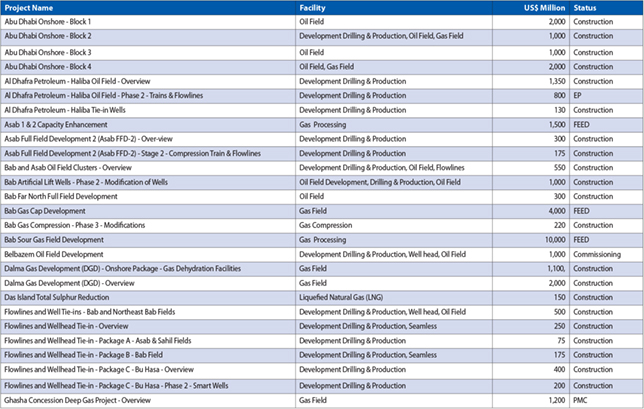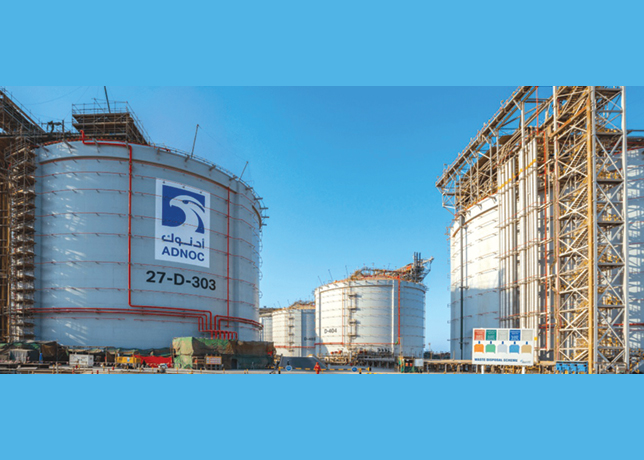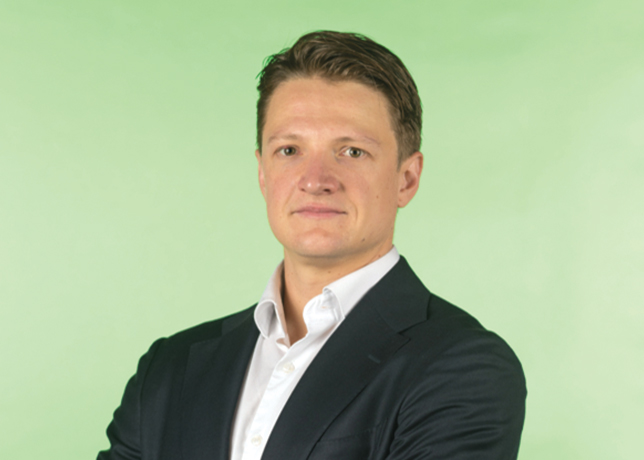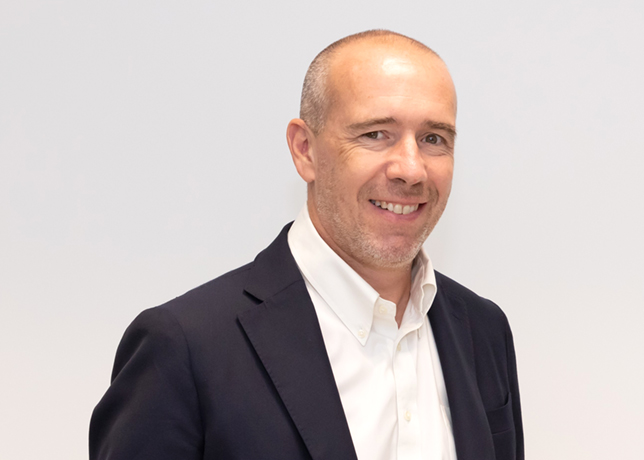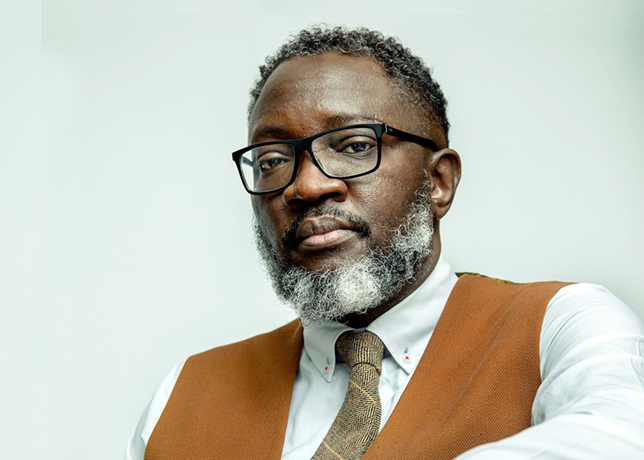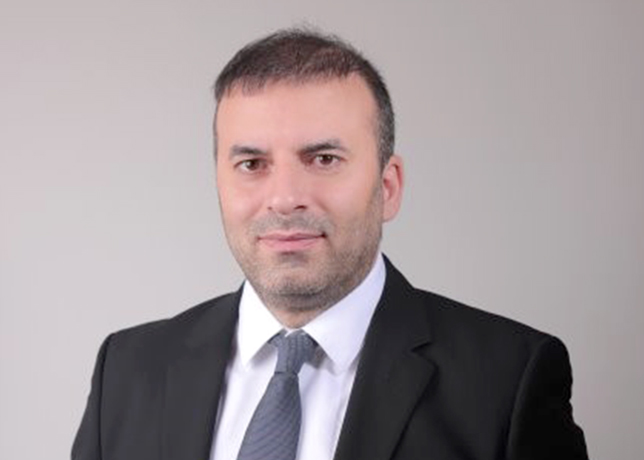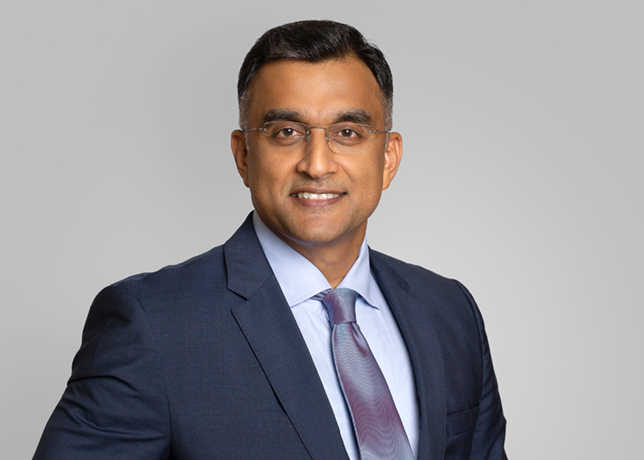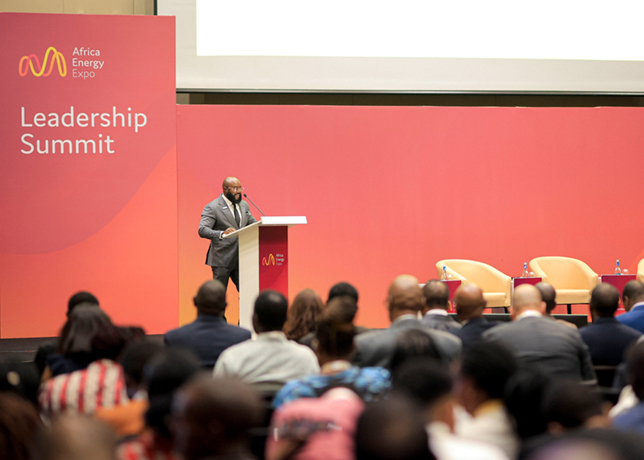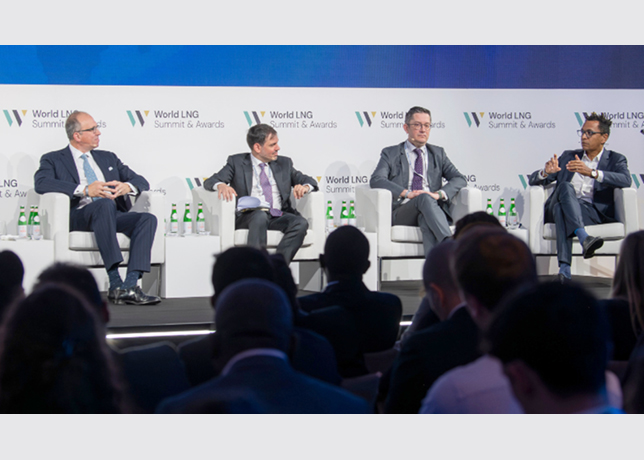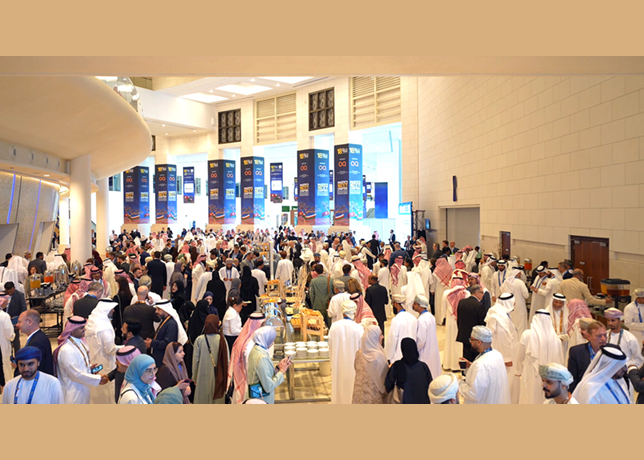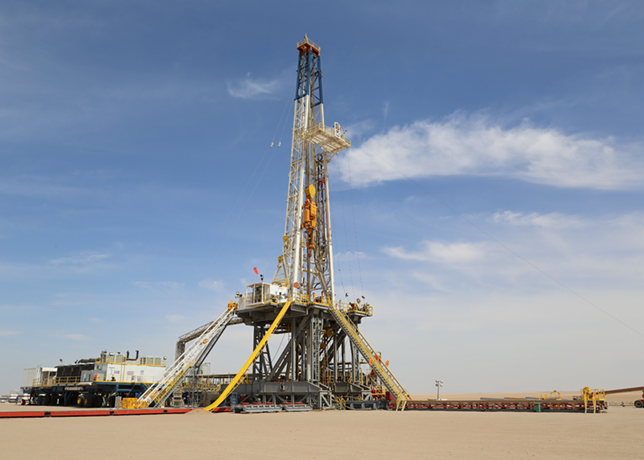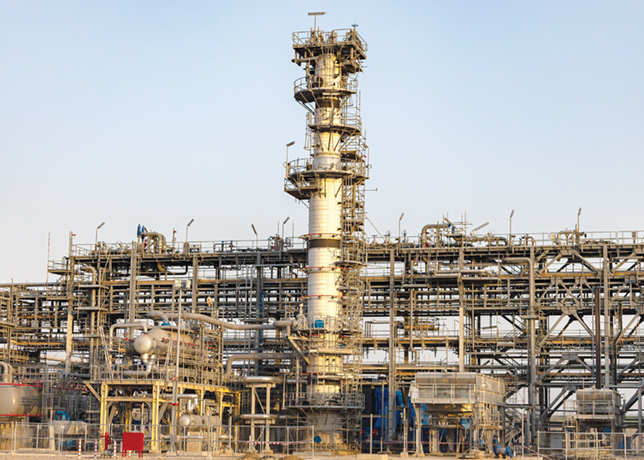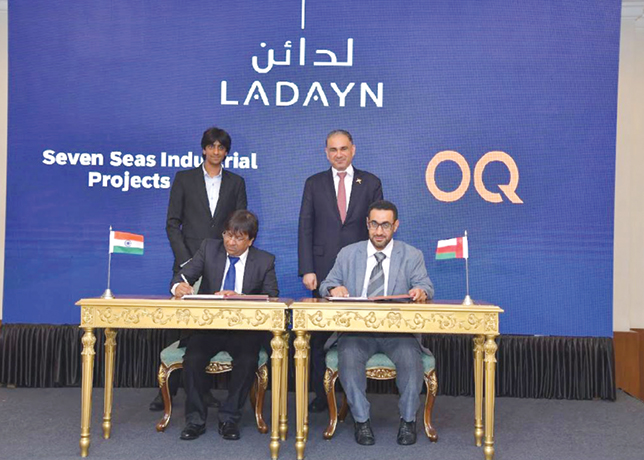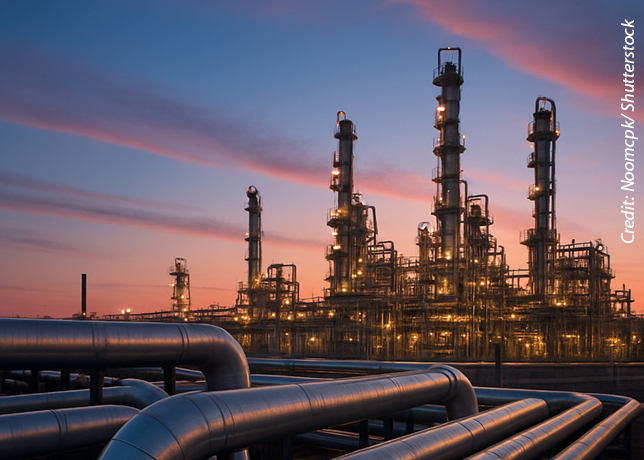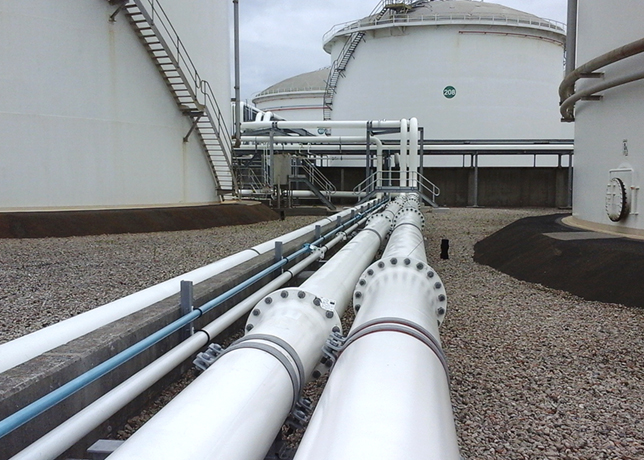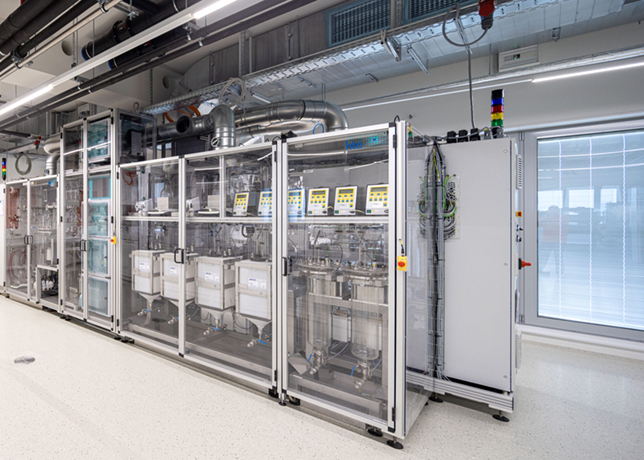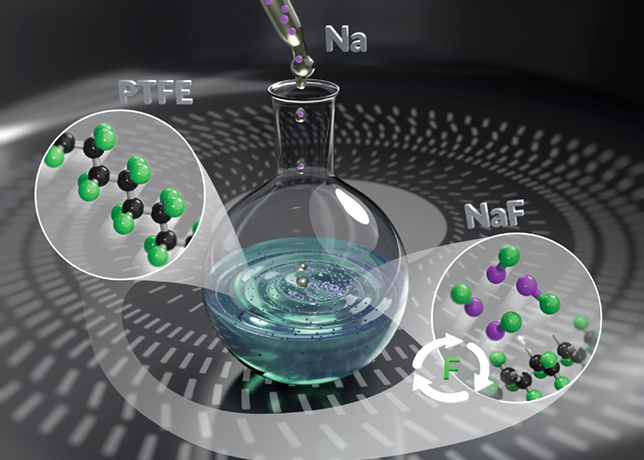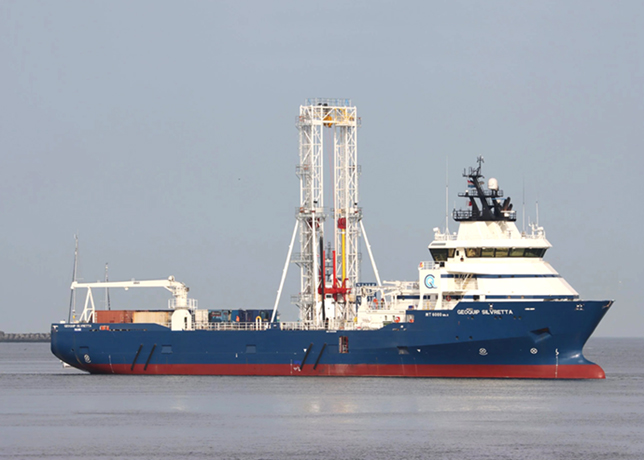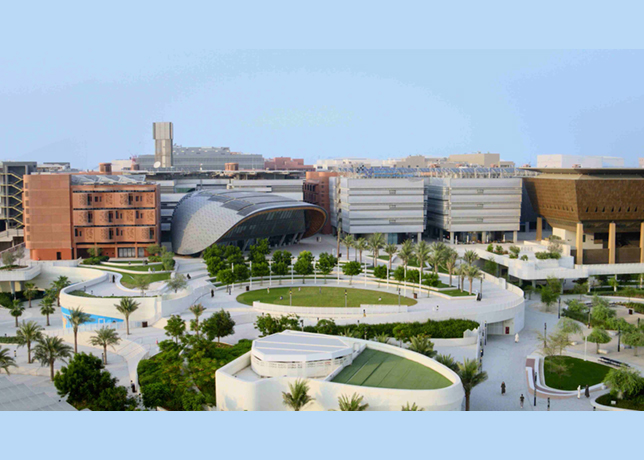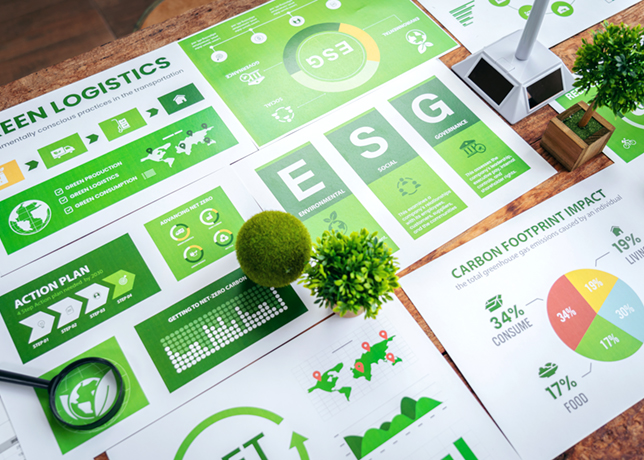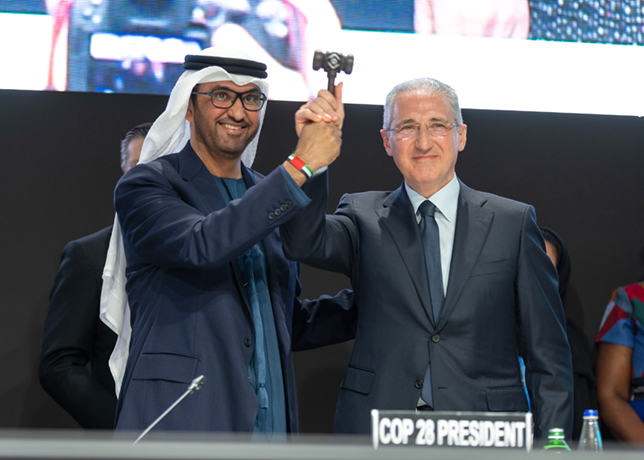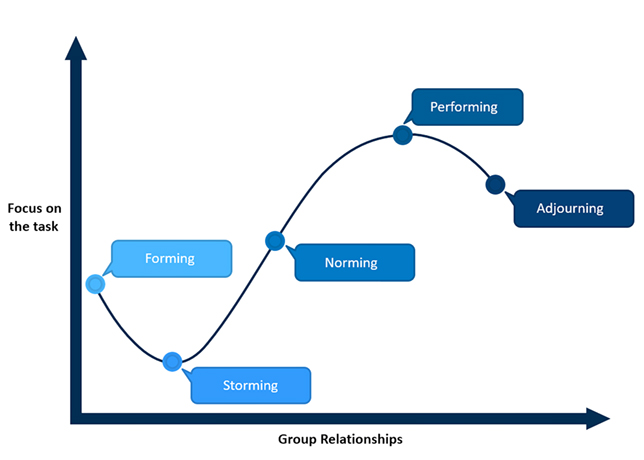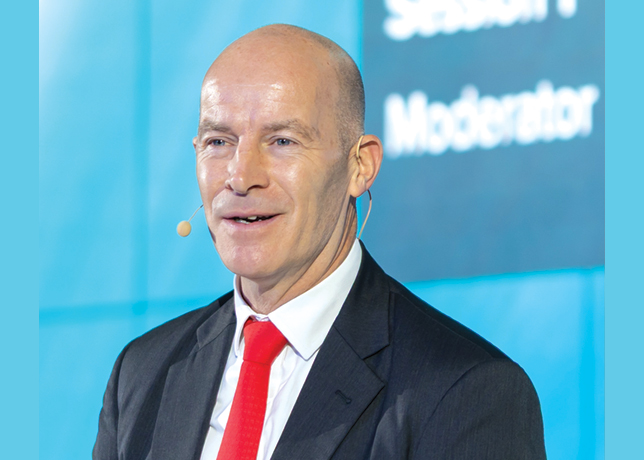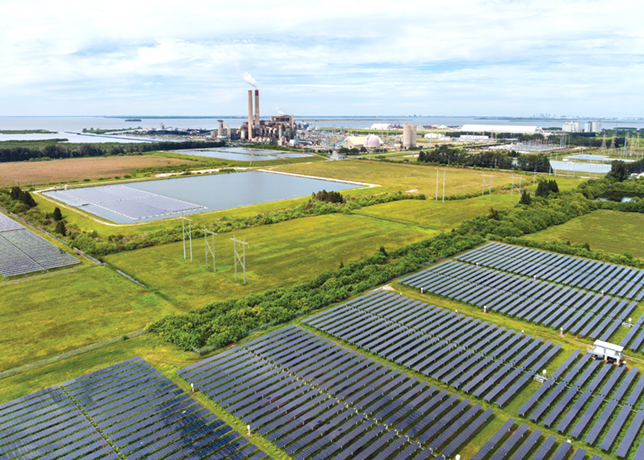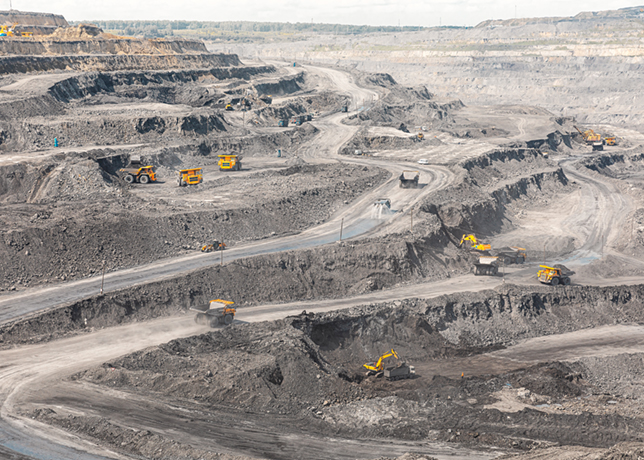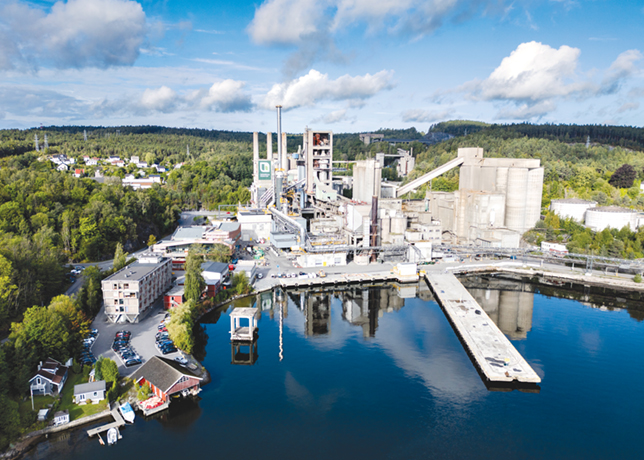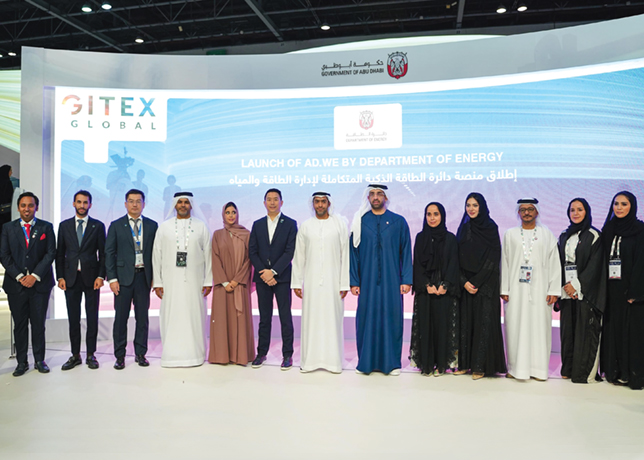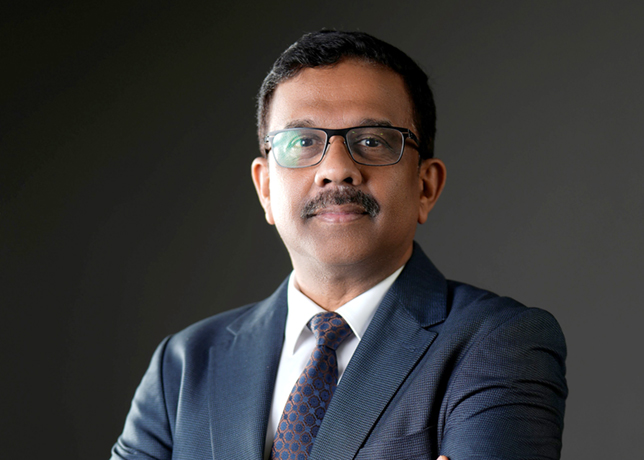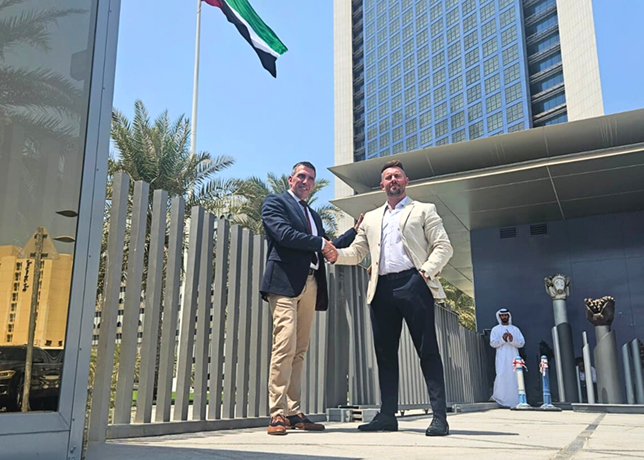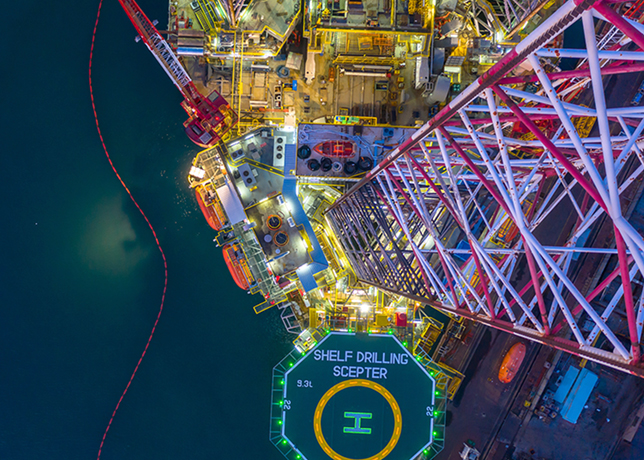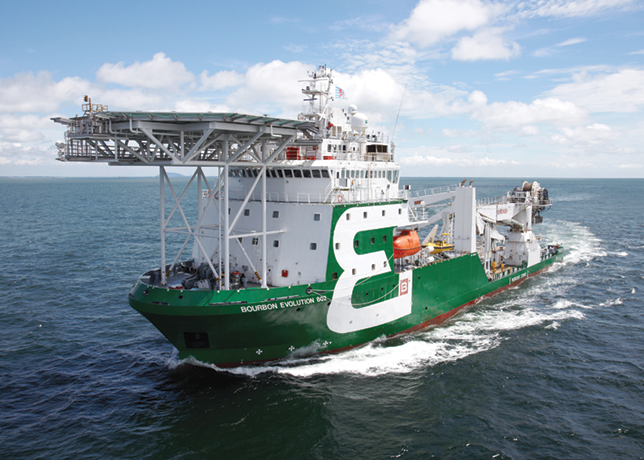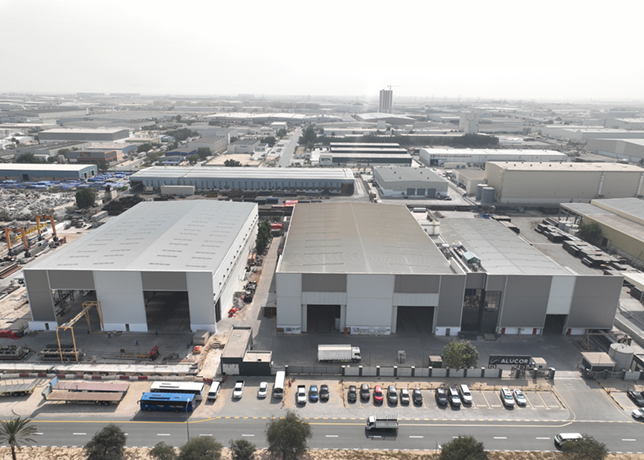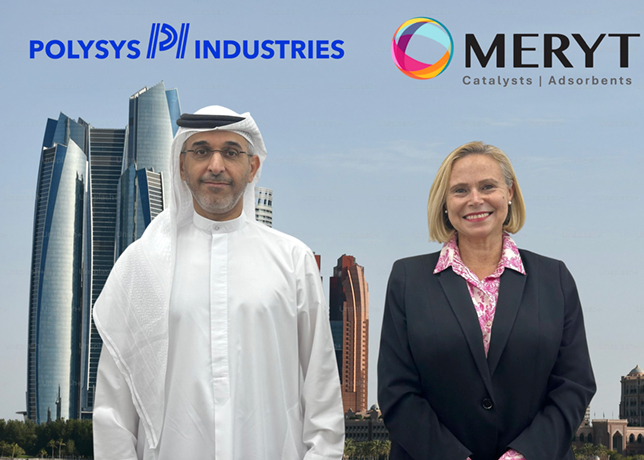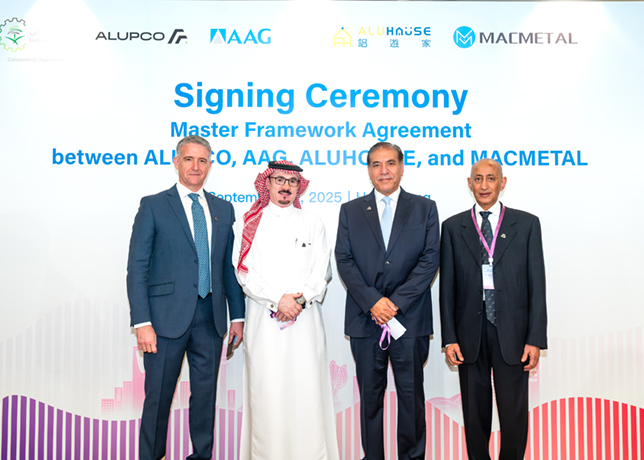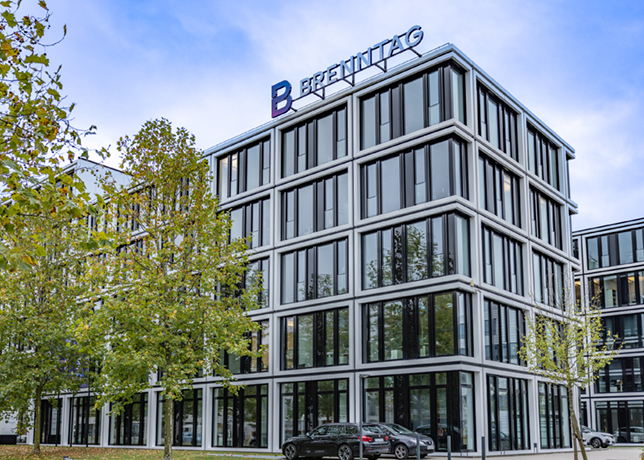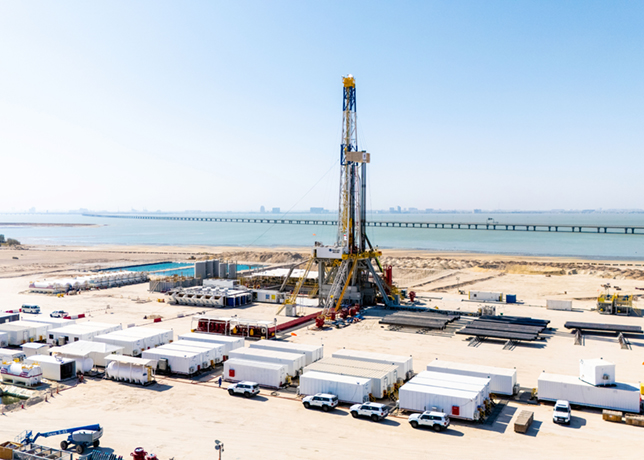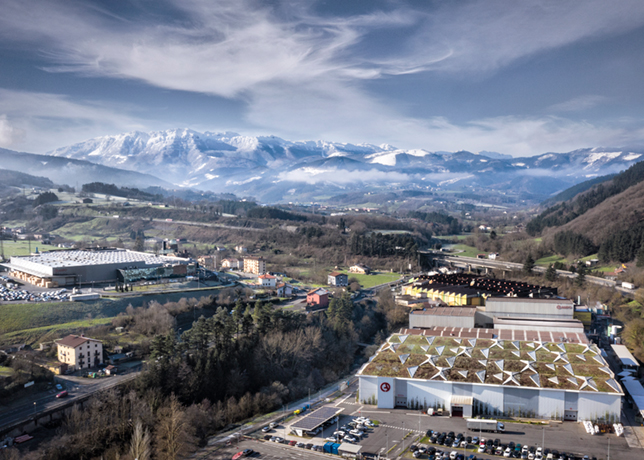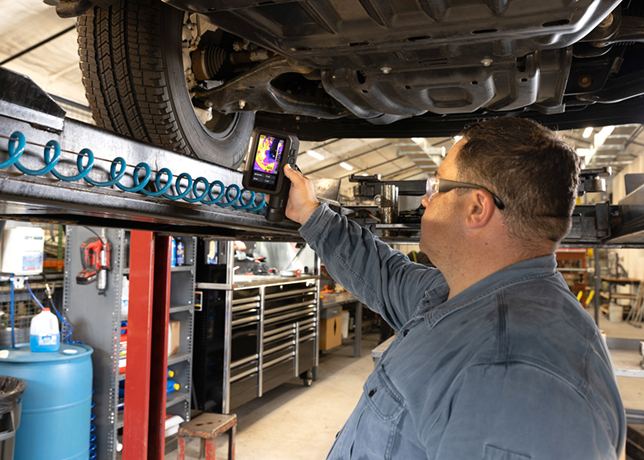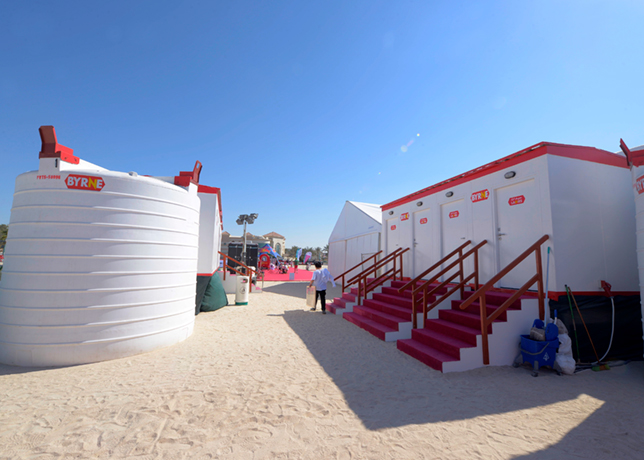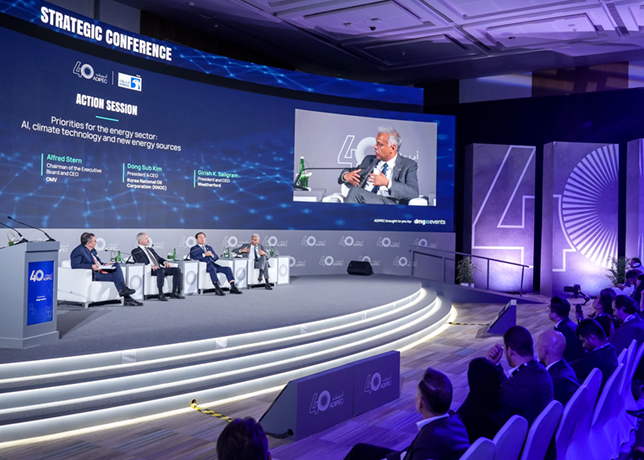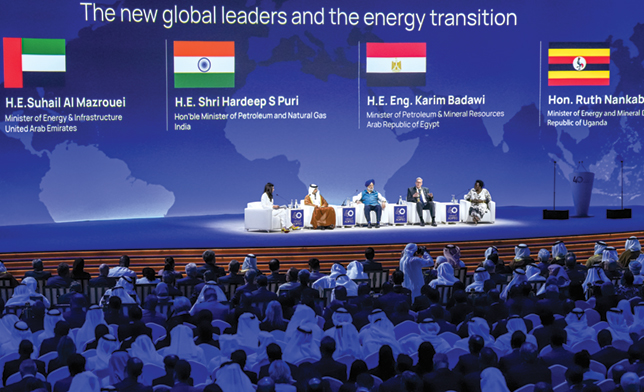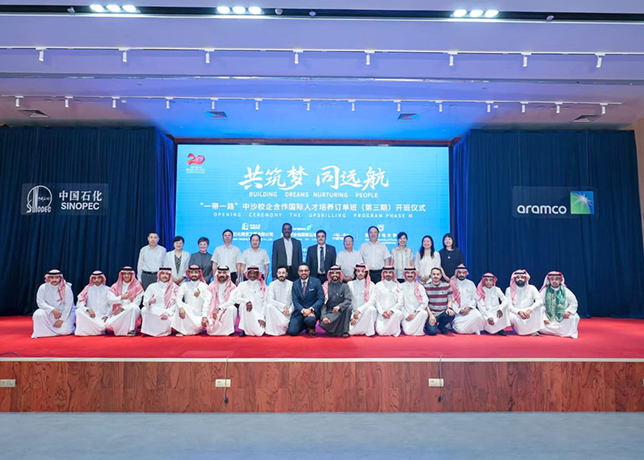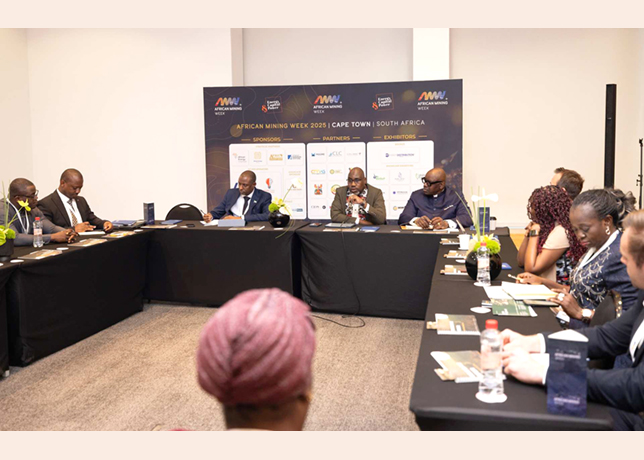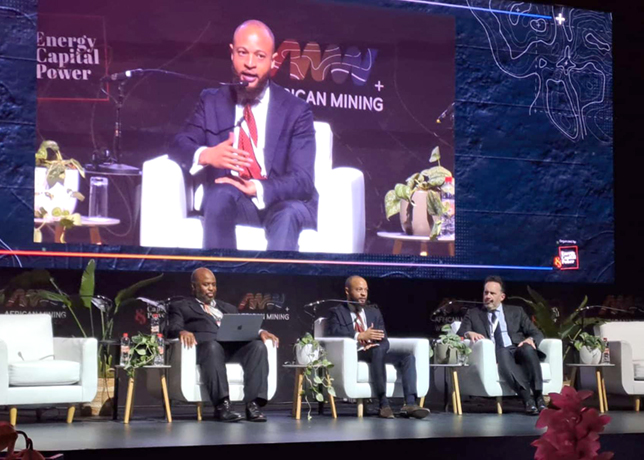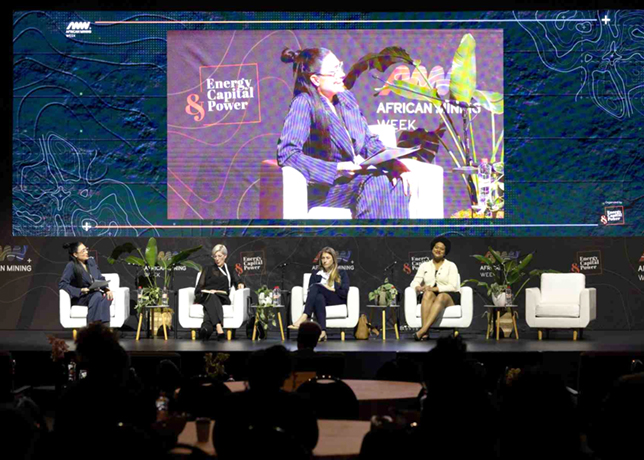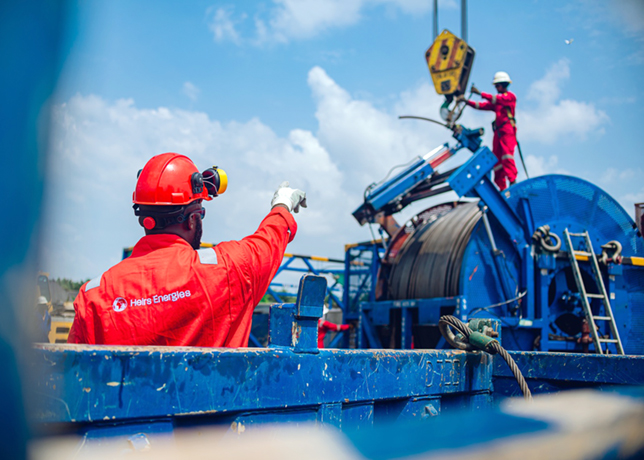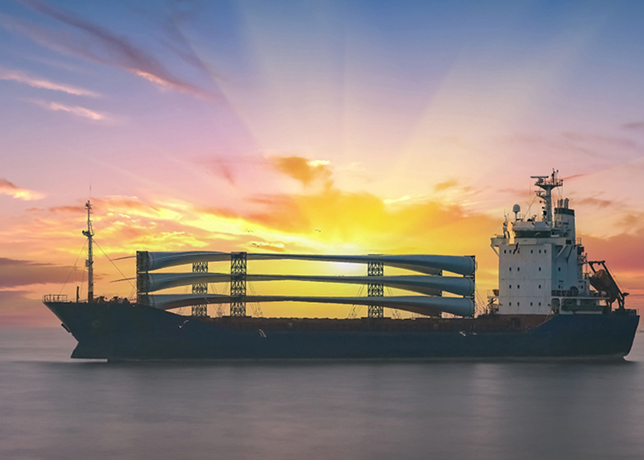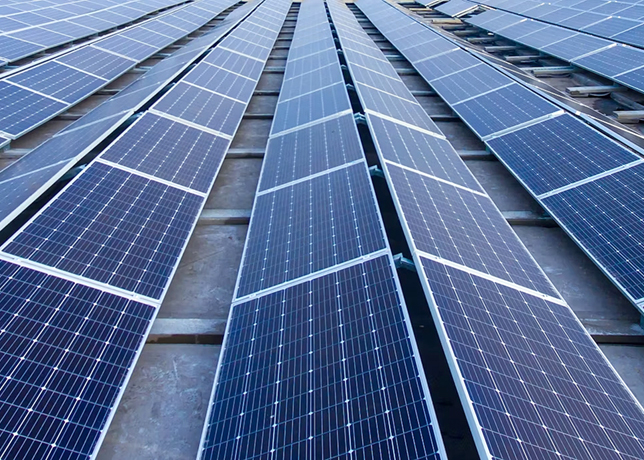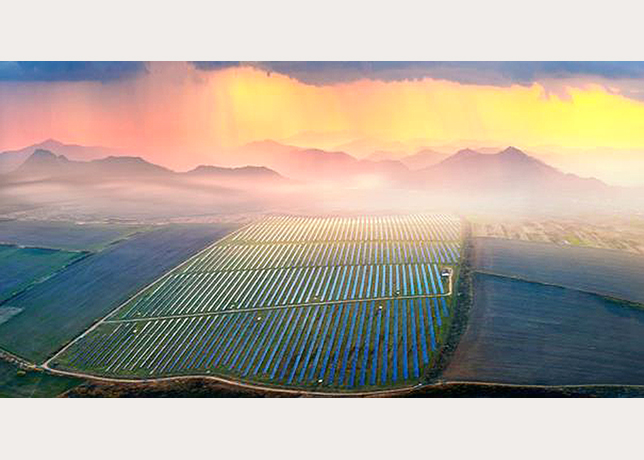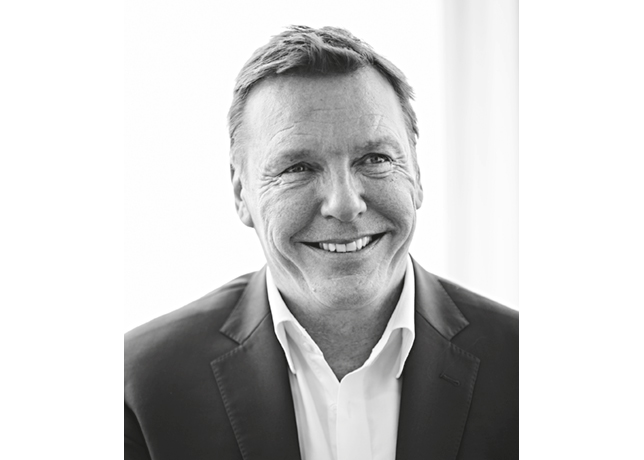
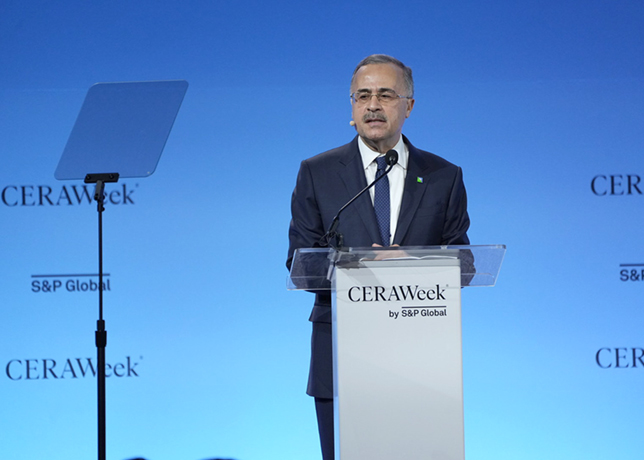 Amin Nasser
Amin Nasser
Hydrocarbons still supply 80 per cent of global energy and continue to break consumption records
The world may have spent over a decade and trillions of dollars chasing an energy transition dream, but hydrocarbons are not going anywhere.
In fact, the age of the "hydrocarbon phase-out" discussion is effectively over.
That was the clear and unapologetic message delivered by Amin Nasser, Aramco President and CEO, at the 2025 Energy Intelligence Forum, as he dismantled the myth that the global economy can decarbonise without oil and gas.
Nasser’s words cut through the political noise surrounding the transition narrative, exposing what he called the "truth about progress".
Costs are rising, grids are weakening, and emissions are not falling.
"If the developed world is struggling with higher energy costs, let alone wholesale deindustrialisation, the developing world stands no chance. And it shows why the current transition plan never stood a chance either," he warned.
For all the hype around electric vehicles, solar and wind, hydrocarbons still supply 80 per cent of global energy and continue to break consumption records.
"This is not a true energy transition; it’s an energy addition which requires all hands on deck," Nasser said.
His message leaves no ambiguity that the oil and gas industry is far from retreating.
With demand for energy surging across developing economies, particularly in Asia, and forecasts showing oil and gas "locked in for decades", companies like Aramco see themselves not as part of the past, but as the backbone of global prosperity.
Meanwhile, governments that once pushed aggressive net-zero targets are already executing quiet policy U-turns.
The economic strain of unrealistic transition goals, coupled with energy insecurity, is forcing even the most climate-conscious nations to reconsider their timelines.
The narrative has shifted from phasing out hydrocarbons to learning to live with them.
In Nasser’s vision, hydrocarbons and renewables will not compete, but coexist, complementing each other in what he calls a "realistic, balanced, and inclusive transition".
Aramco’s own strategy reflects that pragmatism. The company plans a massive expansion in gas production by 60 per cent by 2030, continued dominance in oil, and selective investment in new energies when commercially viable.
The message to policymakers and investors is unmistakable: hydrocarbons remain indispensable. The world’s energy future will not be defined by ideology, but by practicality, and Aramco intends to lead that reality.
BY Abdulaziz Khattak



